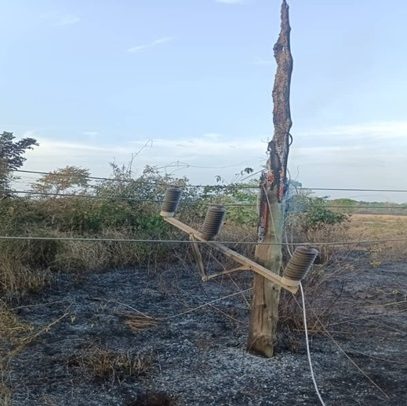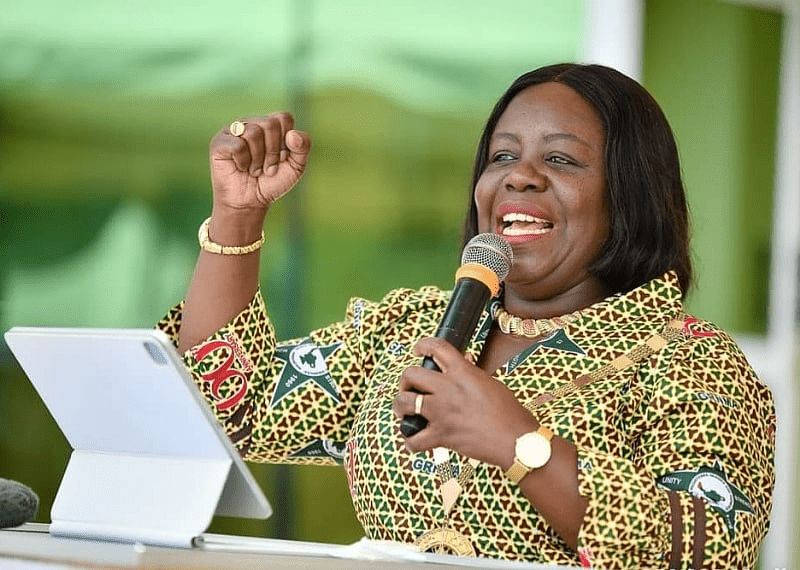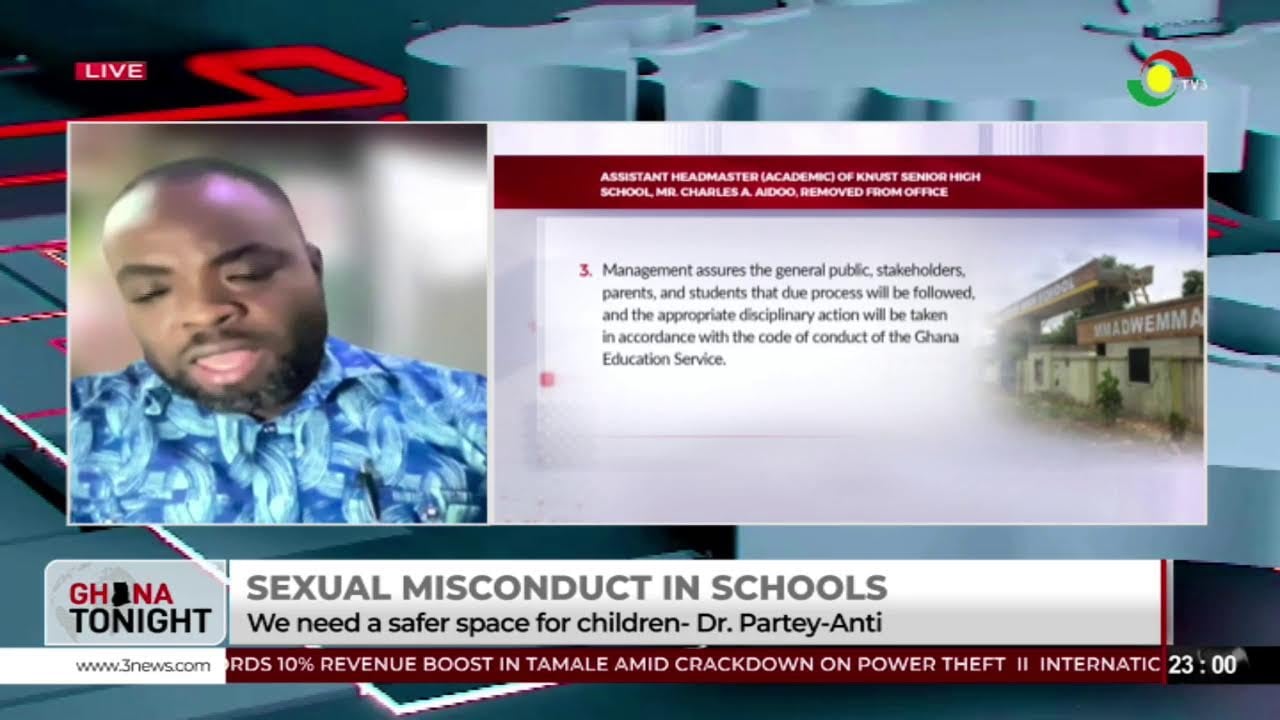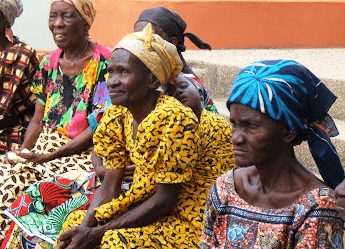
Fertility specialists and legal experts have called for legislation of surrogacy and third-party reproduction in the country to protect families and prevent medical negligence.
The experts at the 2025 ‘Malm-Hesse Medical Negligence Conference’ in Accra expressed grief over the medical negligence on the part of health practitioners and the manner in which people abuse the practice with impunity.
Surrogacy, a process where a woman carries and delivers a child for an intended couple or individual, involves complex legal and ethical considerations that demand clarity and regulation. The surrogate mothers are impregnated through the use of in vitro fertilization (IVF), and a legal contract is required for intended parents and their carrier before medical treatment begins
Vice-President of the Fertility Society of Ghana, Dr. Promise Sefogah, stated that the country currently lacks data on the activities of fertility centres nationwide.
He said the majority of them were based in the Greater Accra and Ashanti regions, one in the Western region, and one in the Volta region.
“We need that national regulatory framework which will then mandate the Society and also compel the care providing centres to send their data,” he said.
Private Legal Practitioner, Christian Malm-Hesse, emphasised that for over 30 years, surrogacy and gamete donation have operated without direct legal oversight, leaving room for unethical practices and ambiguity.
He highlighted the shortfalls in legislation and modus operandi, indicating that lapses such as legal ambiguities, regulatory gaps, and ethical concerns need urgent attention.
Mr. Malm-Hesse stated that surrogacy contracts are currently unenforceable under common law in Ghana. Also, there is no national registry or documentation system for fertility centers, making oversight difficult. Hence a clear legislation is needed to define enforceable agreements between intended parents and surrogate mothers.
Ethical concern issues like donor age limits, sperm donation caps, and risks of consanguinity, such as siblings unknowingly marrying, were highlighted. It was said that most surrogacy centres are concentrated in the Greater Accra and Ashanti regions.
Mr. Malm-Hesse pointed out the necessity of establishing enforceable contracts in surrogacy arrangements: “We need to know, because at common law, you cannot enforce it, and the position in Ghana must be known.”
The conference, which brought together various stakeholders, including hospitals and Nursing and Midwifery Schools, focused on the theme: “Third Party Reproduction in Ghana: Surrogacy and Gamete Donation: Benefits, Challenges, and Ethics.”
Head of Medical and Dental Health Service at the Technical Coordination Directorate of the Ministry of Health, Dr Ernest Konadu Asiedu, revealed that Ghana’s Assisted Reproductive Programme (ARP) policy was at an advanced stage and will soon be submitted to Parliament.
He said the policy, developed in collaboration with the Fertility Society of Ghana, aimed to address assisted reproduction, including surrogacy.
He highlighted the emotional and mental importance of assisted reproductive procedures, particularly in Ghanaian society, where having children is highly valued.
Dr Asiedu said the push for comprehensive legislation was motivated by concerns over potential abuse, unethical practices, and the need to protect the rights of all parties involved, including surrogate mothers and intended parents.
The proposed ARP bill is expected to address these gaps by creating regulations for fertility centers and agents, and protecting the rights of all stakeholders.
The post Legislate surrogacy to protect families, prevent negligence – fertility specialists appeared first on The Business & Financial Times.
Read Full Story

















Facebook
Twitter
Pinterest
Instagram
Google+
YouTube
LinkedIn
RSS